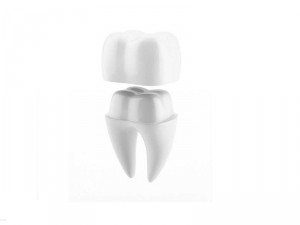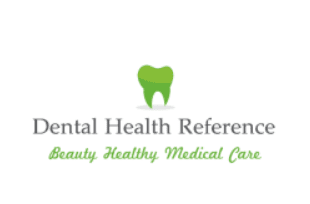9 tips for extending the life of a dental crown

The dental crown is a custom-made dental sheath that is placed on the visible part of a tooth that has suffered a certain fracture or that has been weakened after a large caries or pulparia infection and requires a greater reconstruction than a filling or inlay.
The crown allows you to recover the functionality of the damaged tooth. In addition, it is designed and manufactured in a personalized way with the appearance of a natural tooth so that the change is not noticeable.
The materials used are premium in quality, durable and high durability, but this does not mean that it should not be cared for. A good job of the dental clinic and the prosthetic laboratory together with good maintenance by the patient will contribute to the greater durability of the crown.
What can a patient wearing a Crown do?
Reduce pressure on the crown to avoid fractures and wear. A constant overload on the cover can wear and / or fracture it. It is necessary to avoid situations of stress and nerves, too hard foods or use tool teeth.
Prevent tooth decay, pulp infections and periodontal diseases. A crown “per se” cannot suffer caries, but the tooth that holds it and the natural teeth on the sides do. As for the tooth that holds the crown, caries can leak and attack it, putting the stability of the crown at risk. The tooth weakens, it can reach the nerve and generate an infection in the nerve and can even end up fractured. Diseases that affect the gums can also put the crown at risk. Good oral hygiene at home and attending regular dental visits and hygiene will help prevent these problems.
9 basic tips will allow you to enjoy these fixed prostheses for longer:
- Do not eat extremely hard foods. Or eat them in smaller pieces.
- Do not chew ice.
- Do not bite your nails.
- Do not open bottles or containers with your teeth.
- Use relaxation splints for TMJ and bruxism. They protect the teeth and crowns from wear caused by bruxism and help to discharge the tension of the TMJ by reducing the pressure normally exerted by patients with bruxism.
- Another way to reduce stress pressure is to practice relaxation activities and habits especially before bedtime.
- Carry out proper oral hygiene at home (and outside the home).
- Attend regular dental check-ups.
- Perform regular professional dental hygiene.
